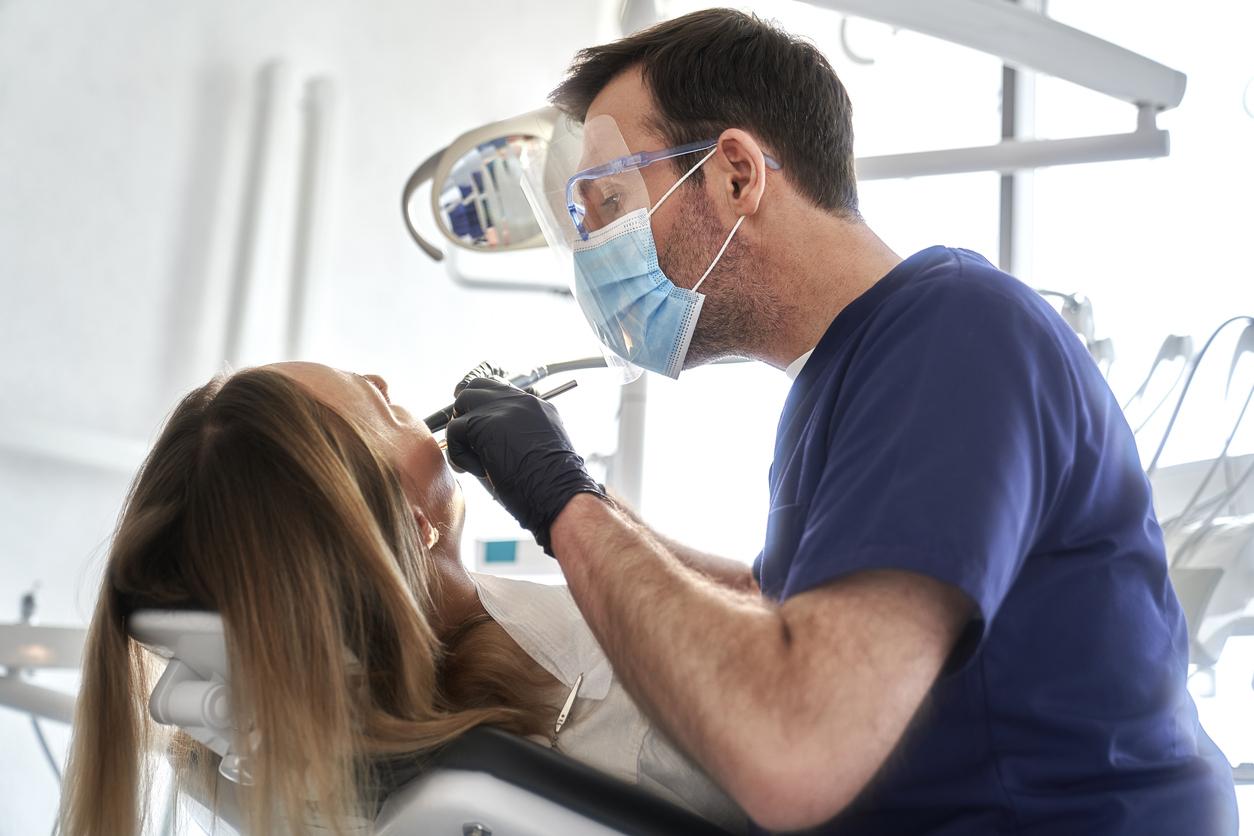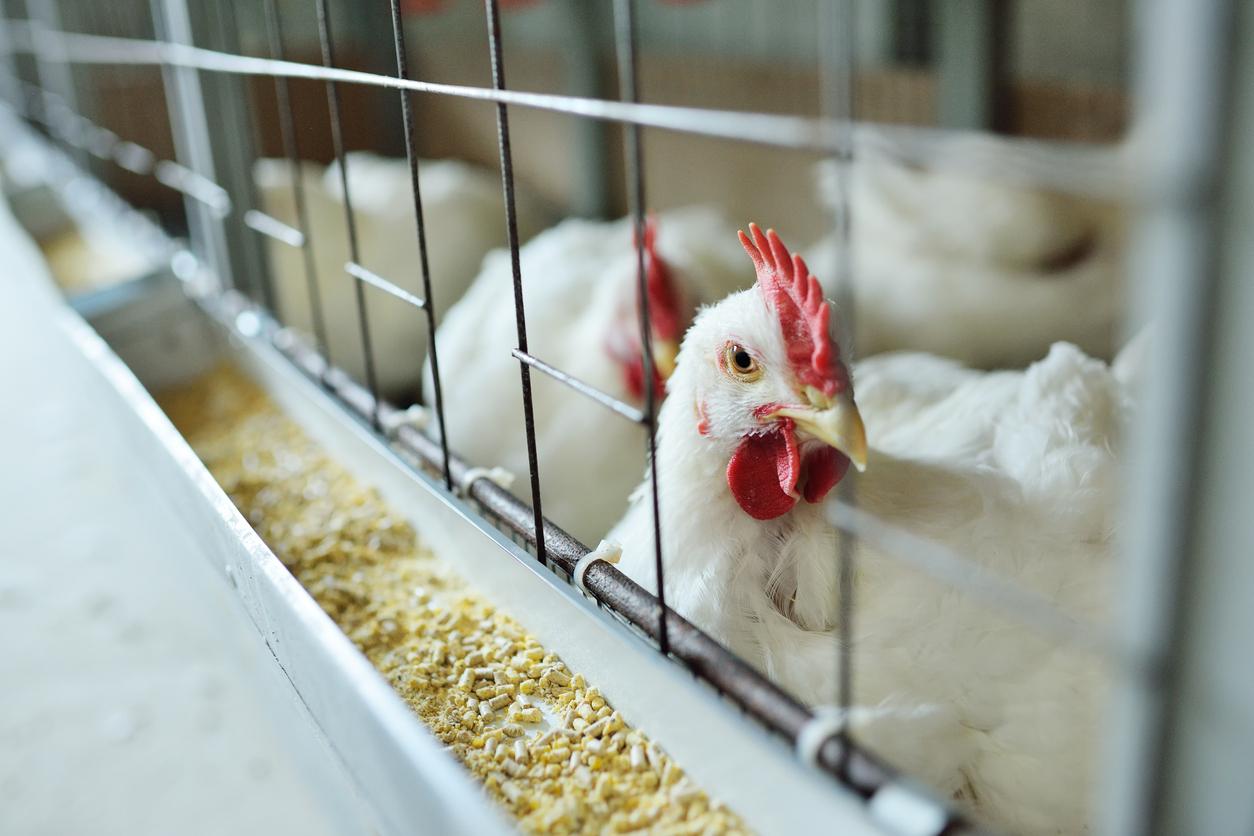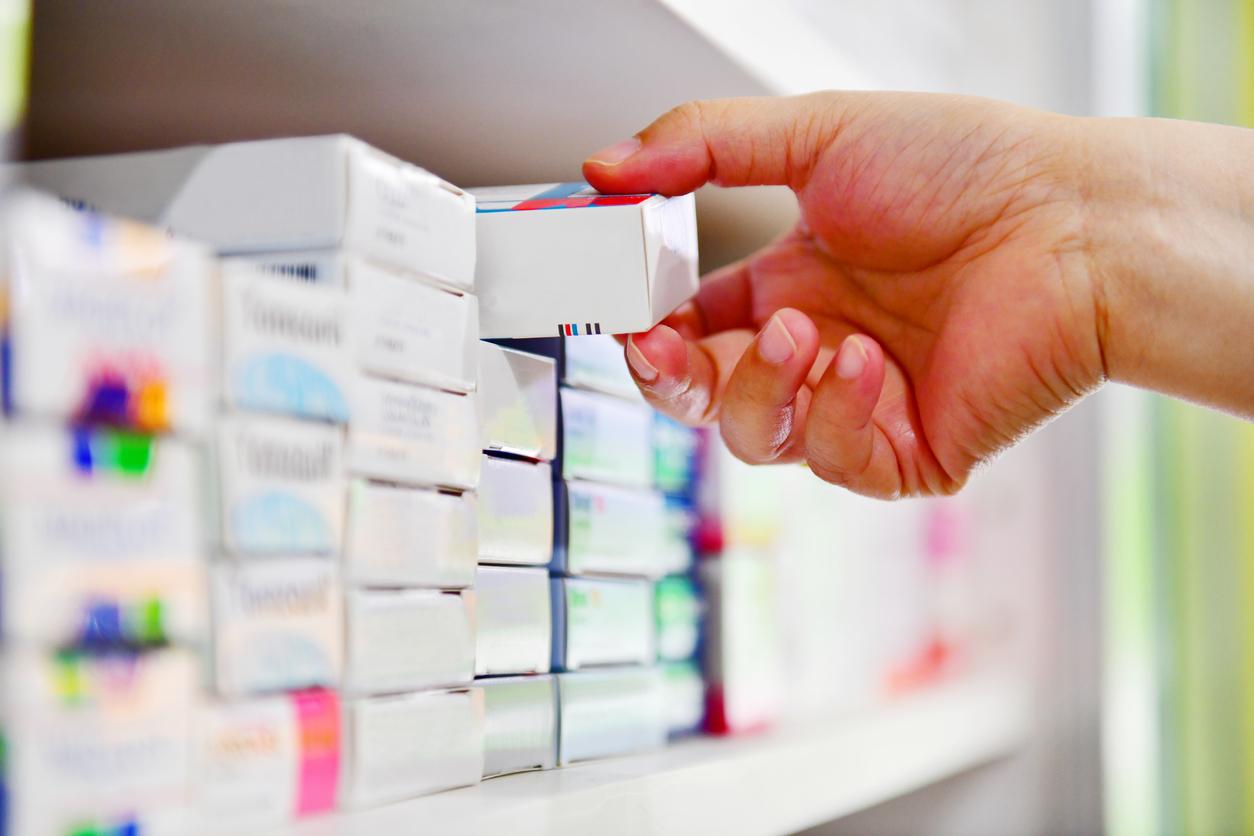Cans, plastic bottles, cans … In France, since January 1, 2015, the bisphenol A(BPA) is prohibited in all food containers and receipts. This decision is part of the implementation of the national strategy against endocrine disruptors adopted on April 29, 2014, a program which tends to reduce the exposure of the population and the environment to these substances dangerous for human health. health.
Bisphenol A was already banned in baby bottles since June 2010 in Europe, and in food containers intended for infants and young children since January 2013. To prepare for its ban in food containers (cans, cans) in January 2015 , the Minister of Ecology, Ségolène Royal has decided to launch a voluntary label “without bisphenols”, which could soon be issued to companies having effectively already removed BPA from their products.
The harm of bisphenol A
Bisphenol A is known to be harmful to the hormonal system and to the reproductive system. Its action on estrogen receptors has been certified: it disrupts the reproductive system and can modify the structure of the mammary gland. He would also be implicated in thehypertension and would act on the metabolism. According to the team from the Institute of Functional Genomics in Lyon, the metabolic diseaseslike diabetes or obesity could therefore be caused or worsened by this endocrine disruptor.
France is the only country in Europe to have implemented this total ban on bisphenol A in food containers.
Read also :
Food intolerance, a consequence of exposure to Bisphenol A
Bisphenol A: also harmful for tooth enamel
Miscarriage: bisphenol A increases the risk


















